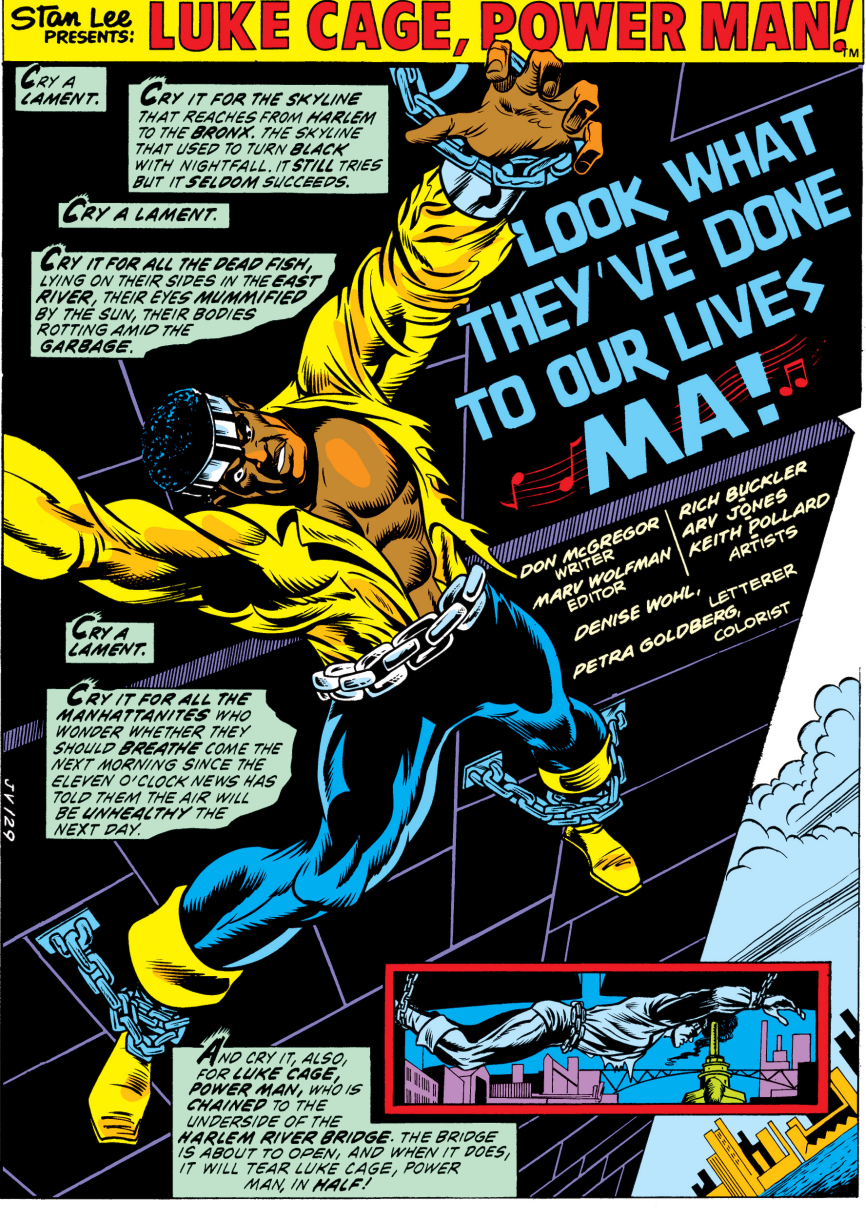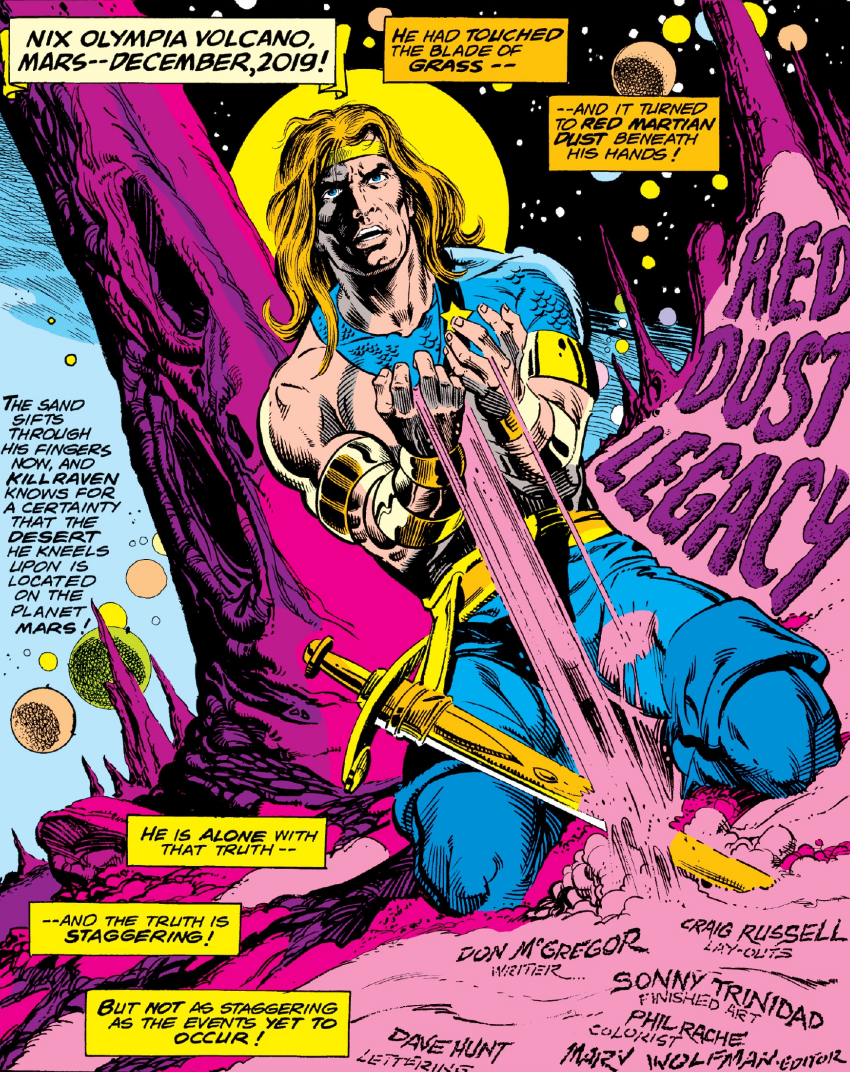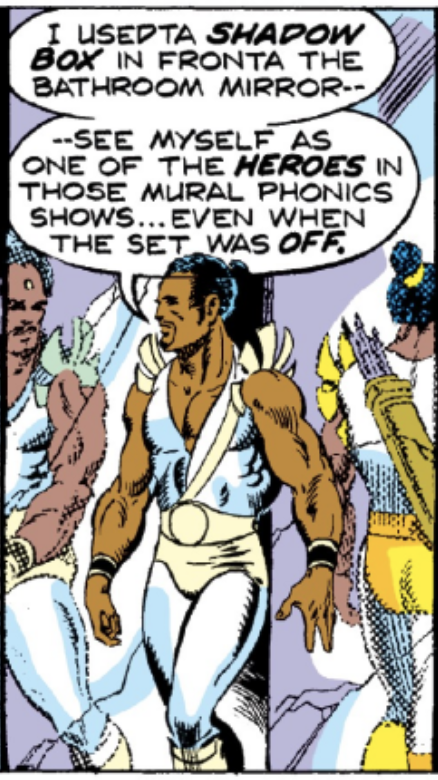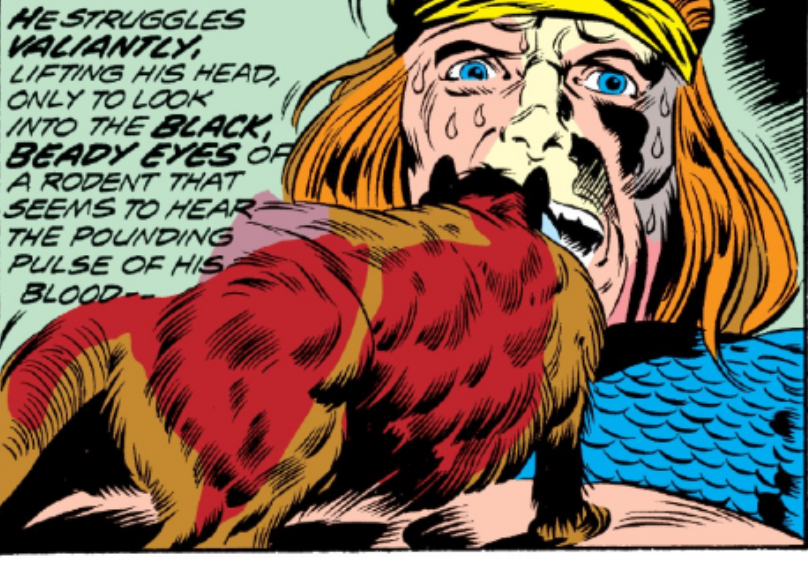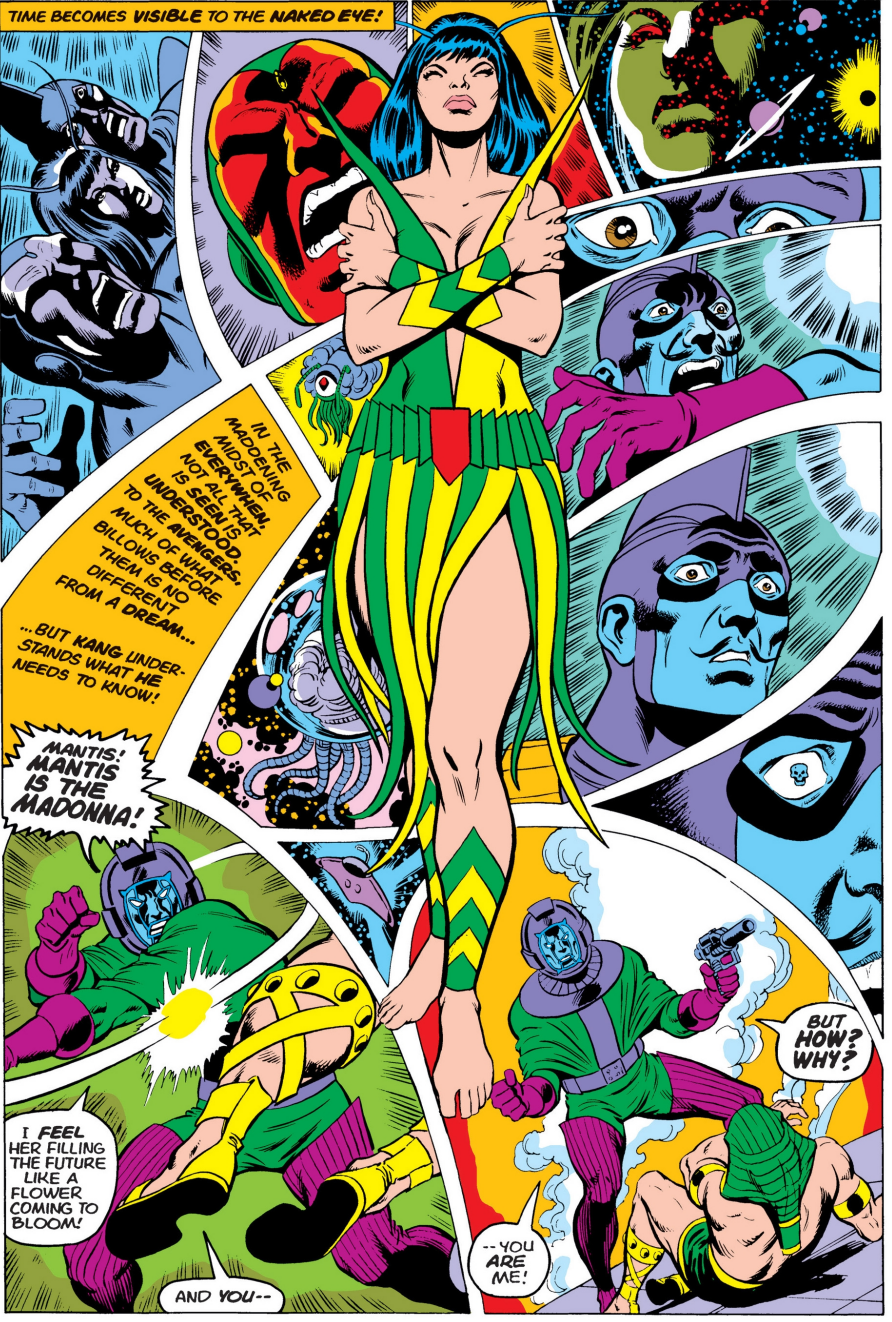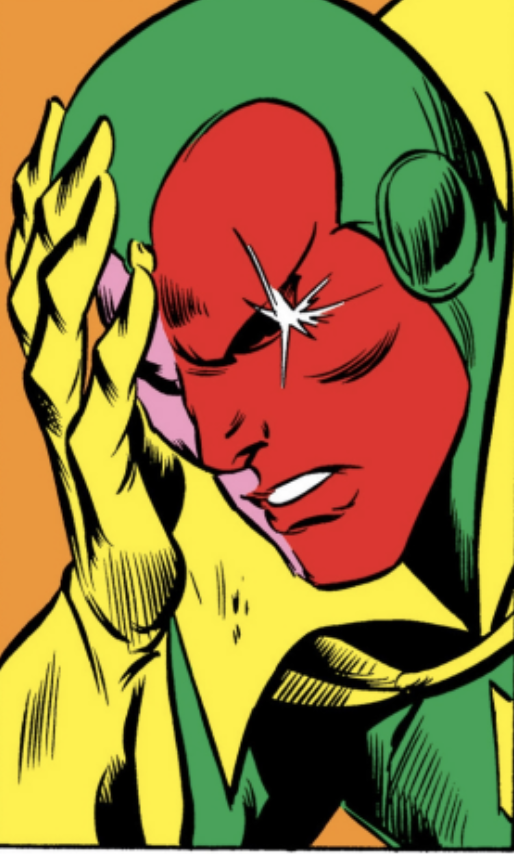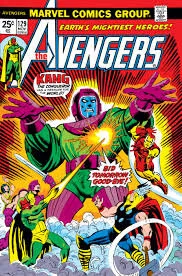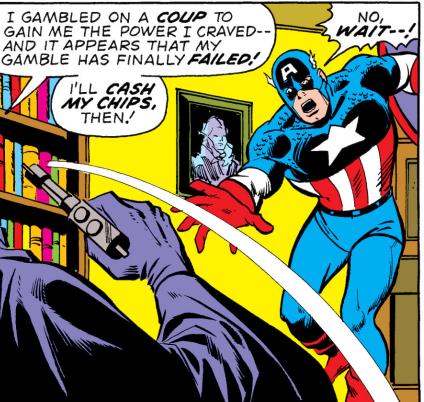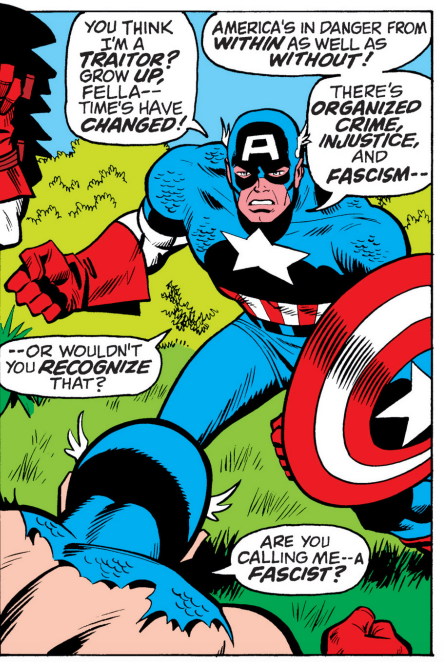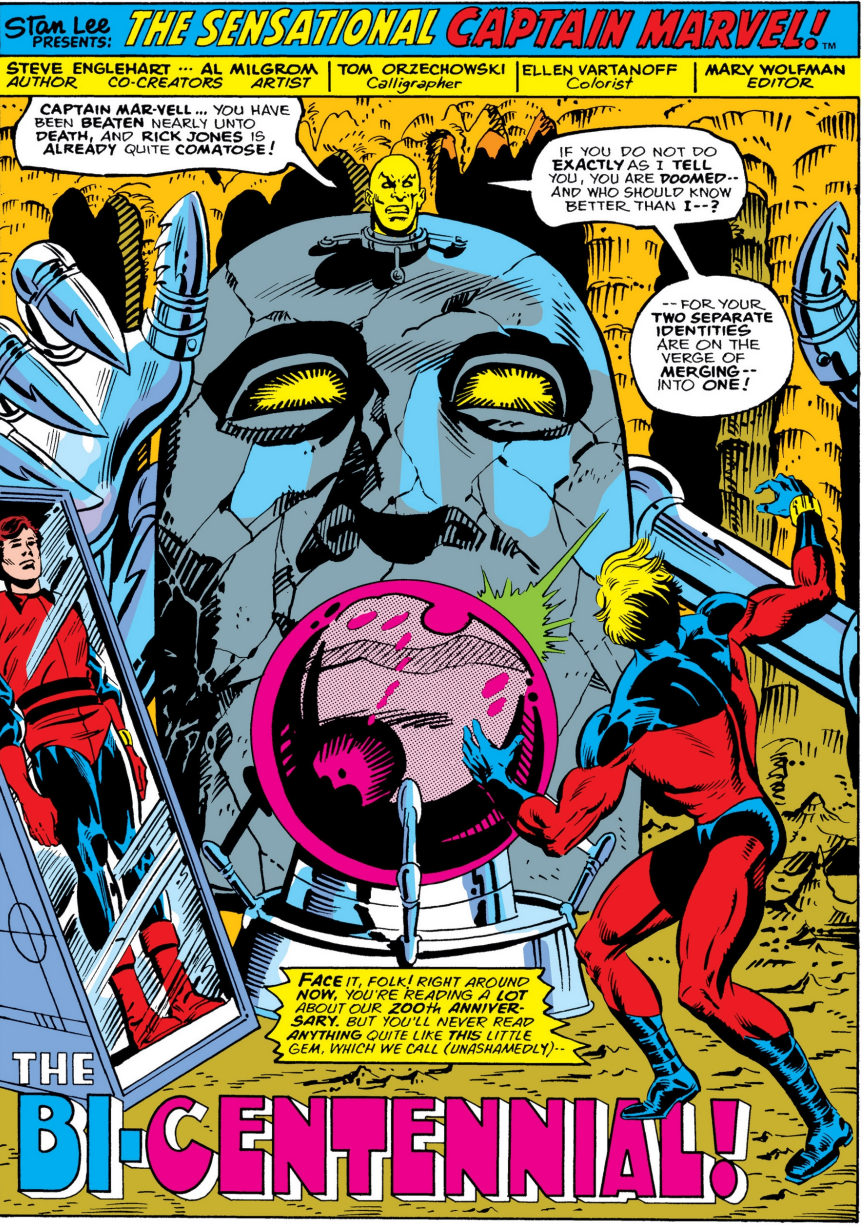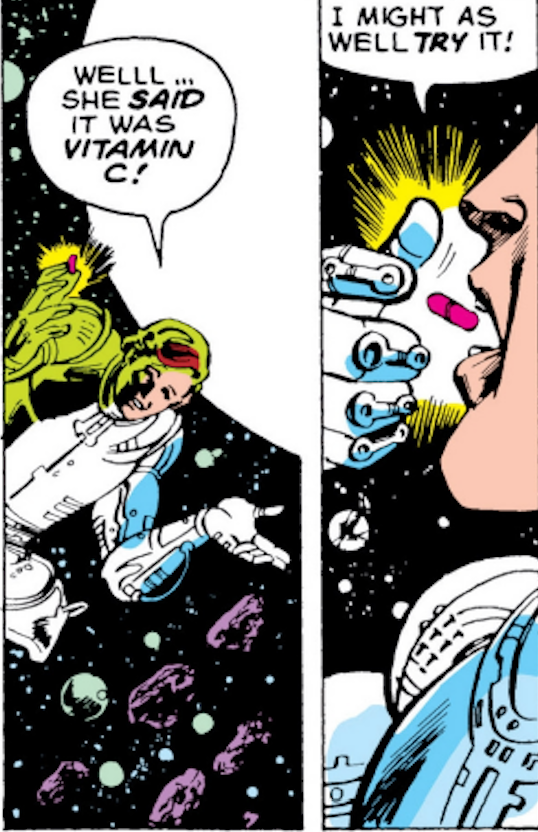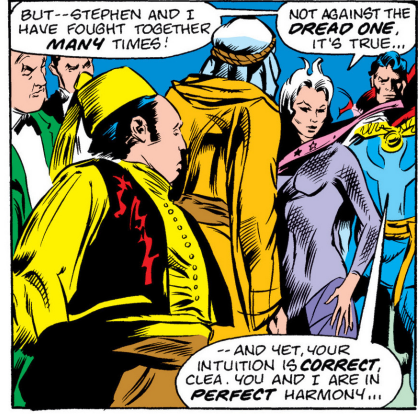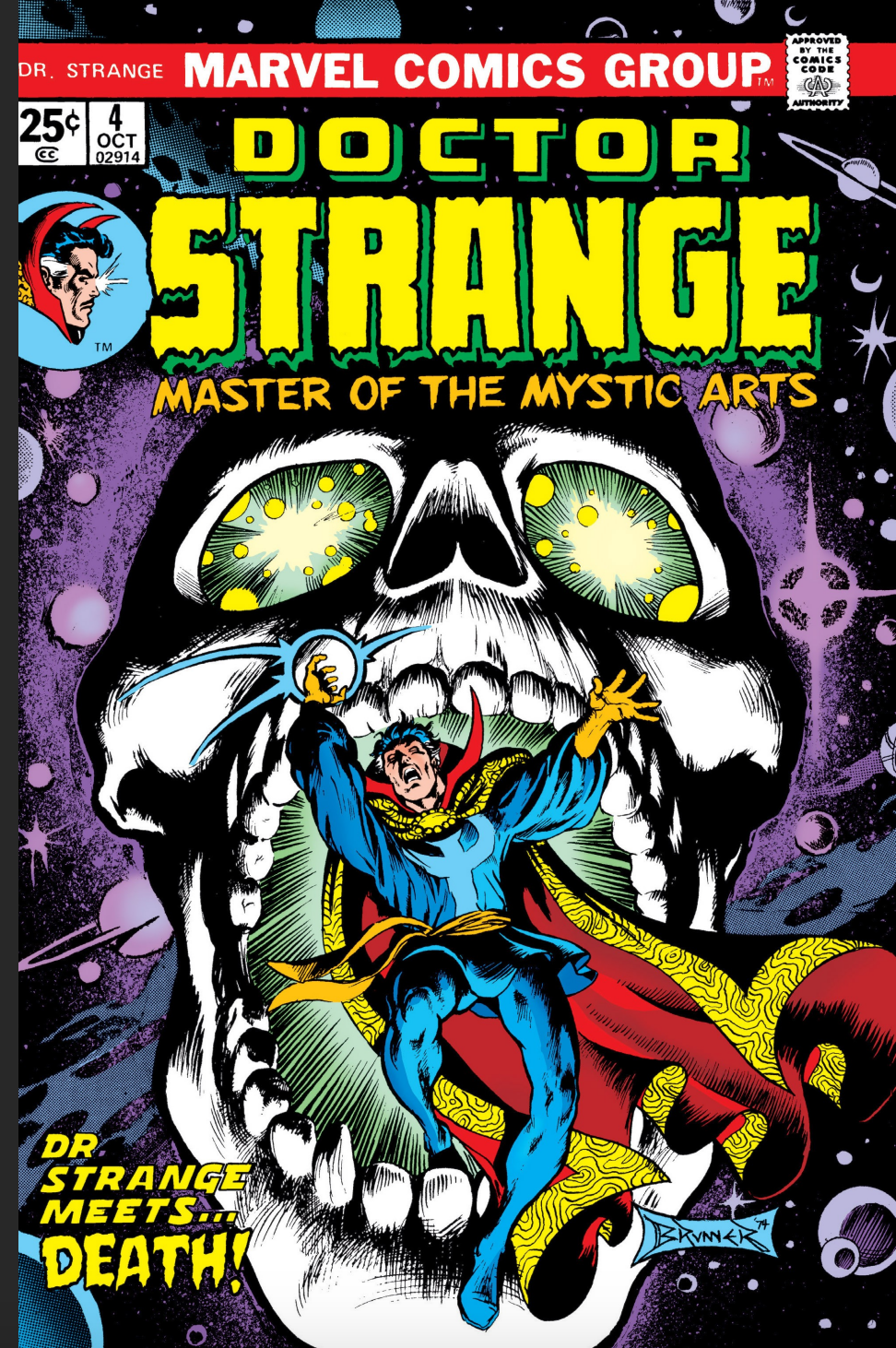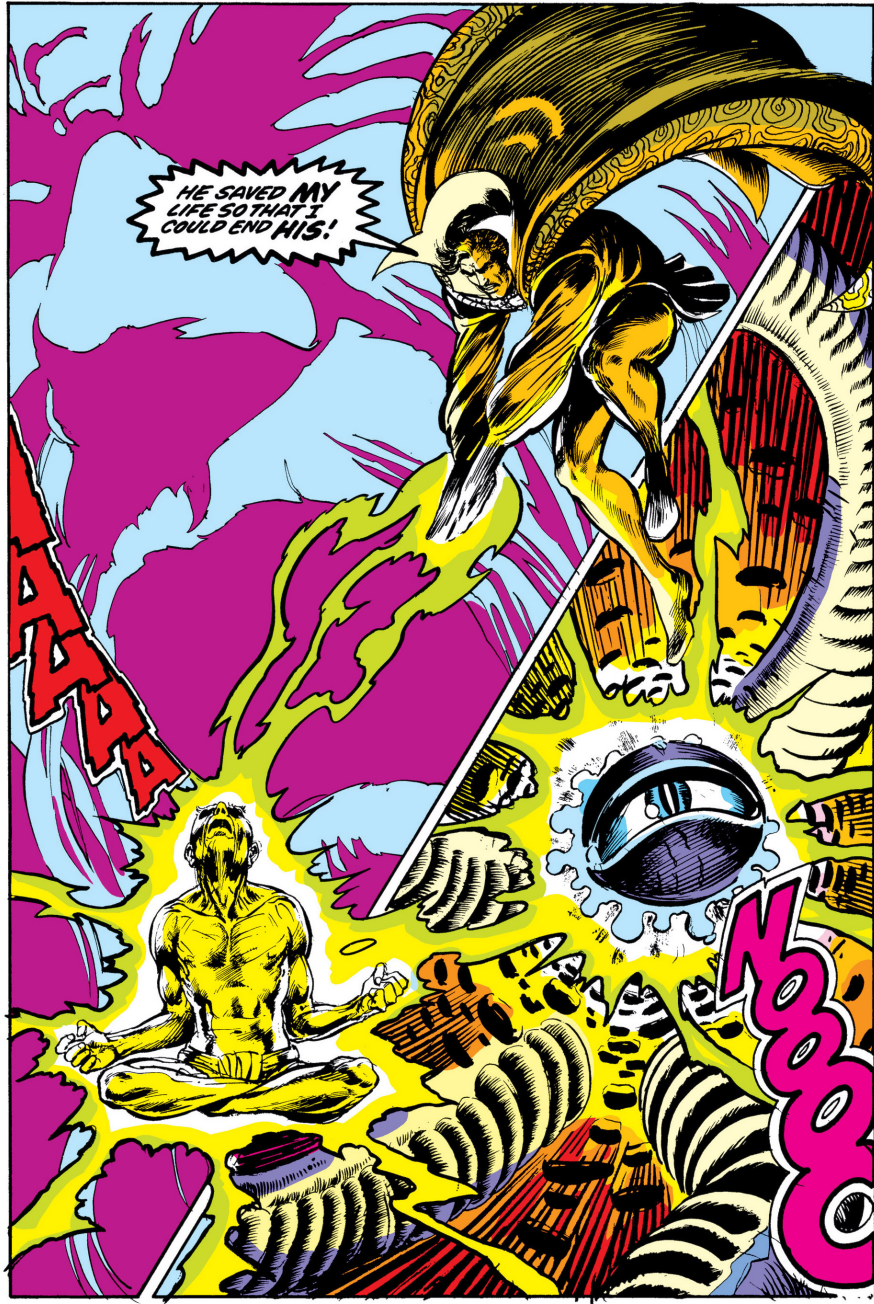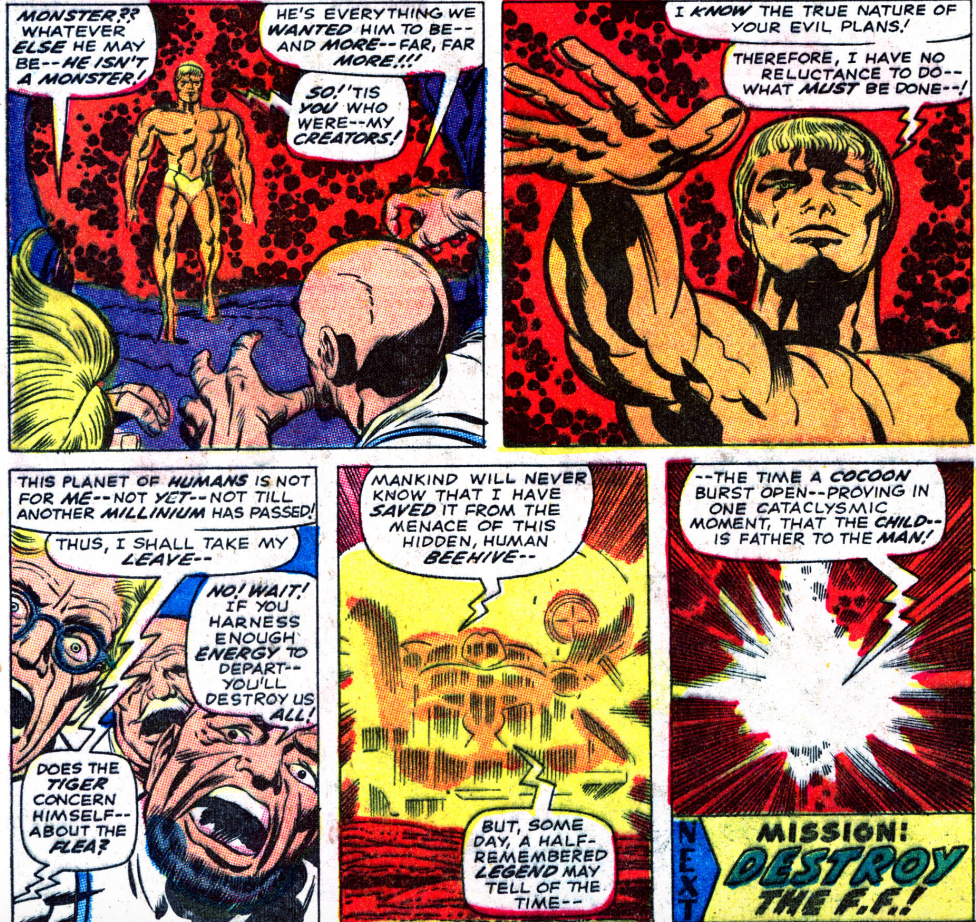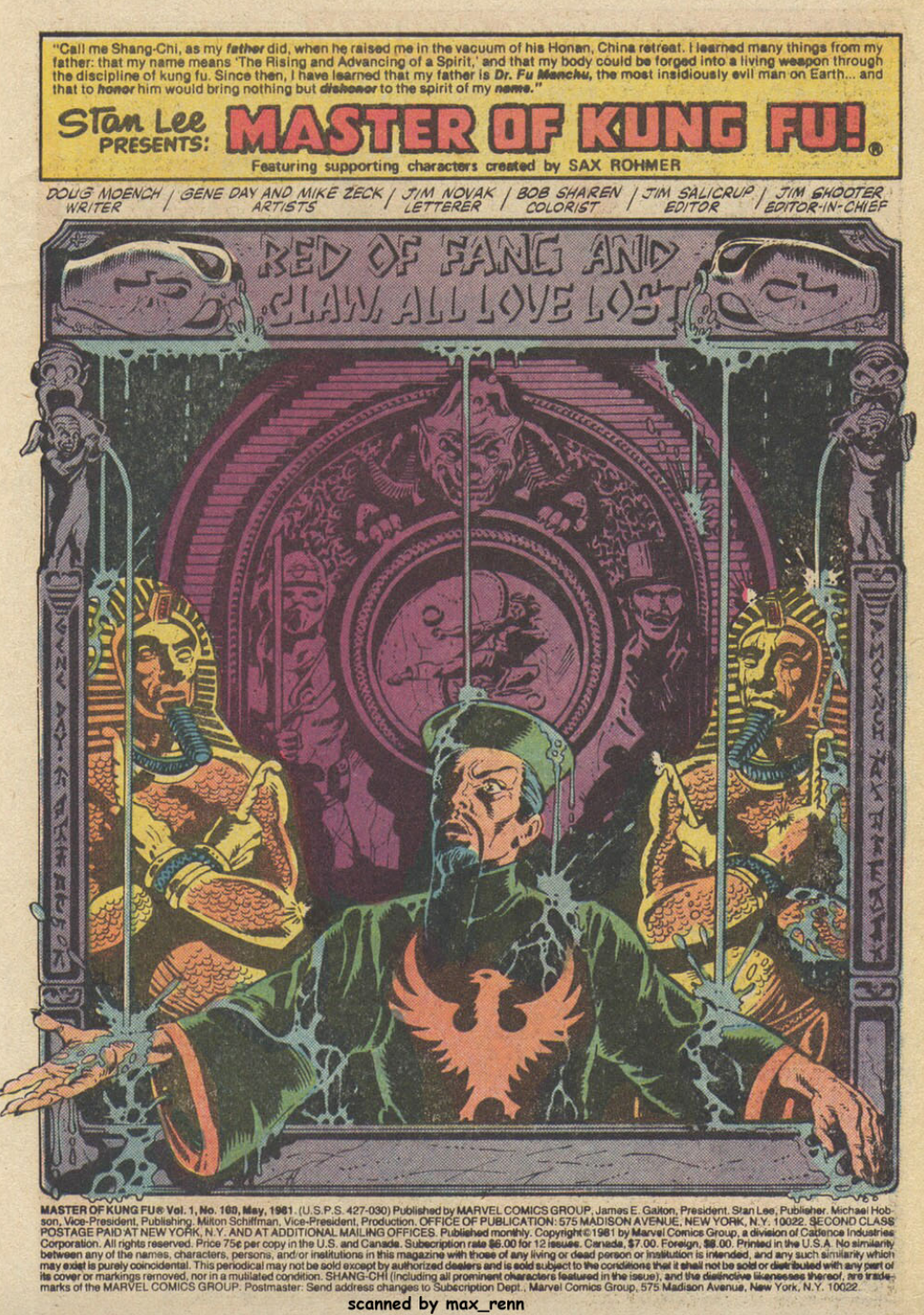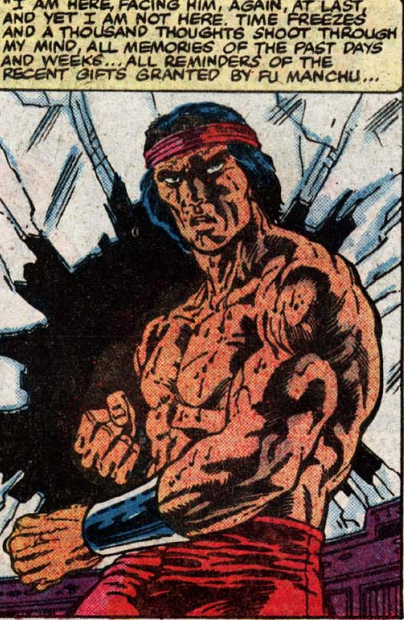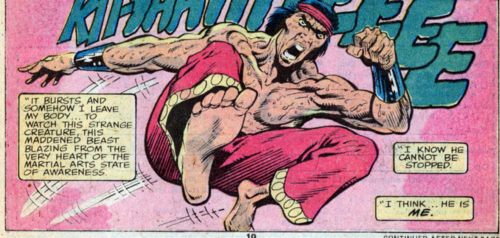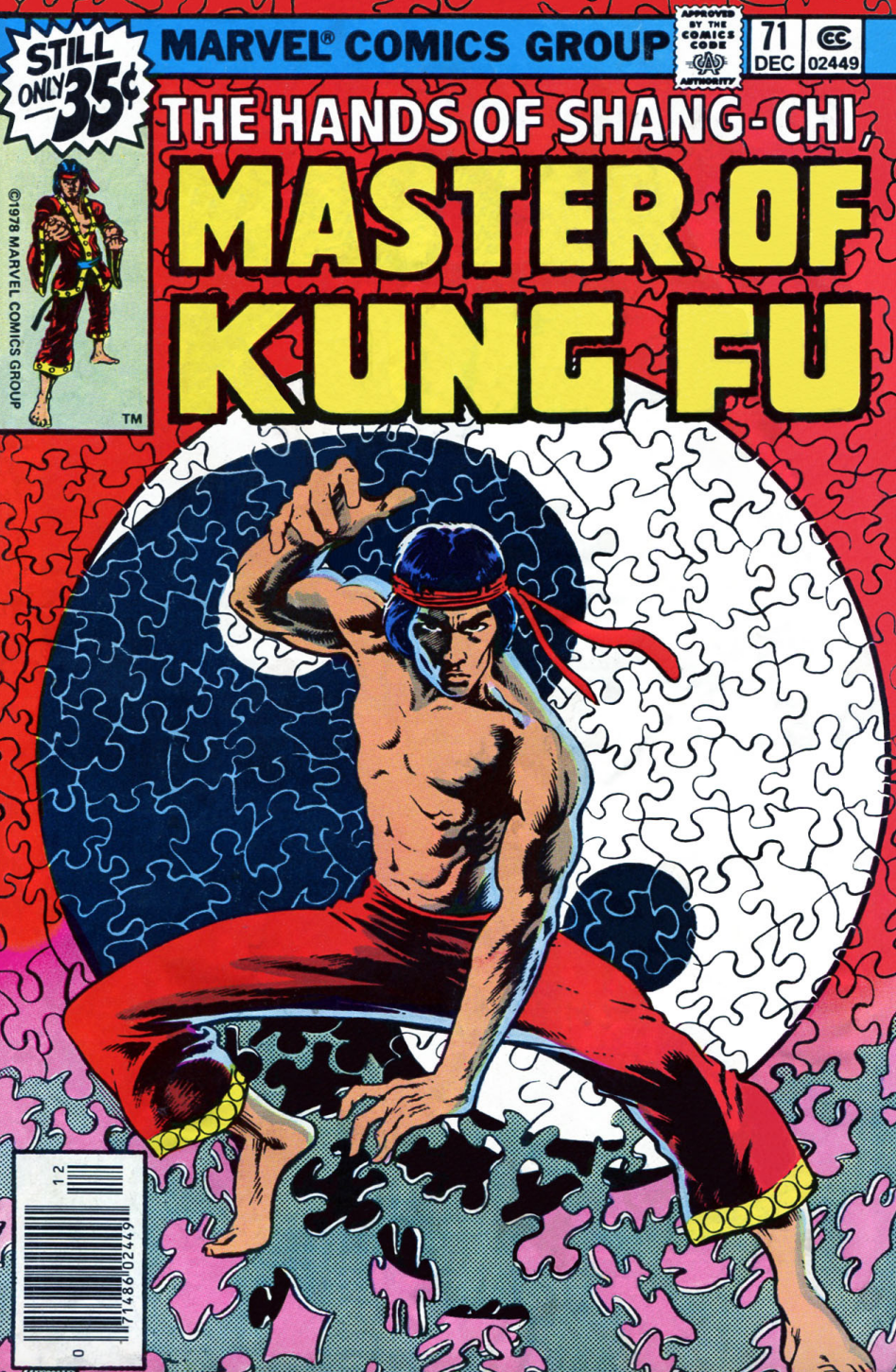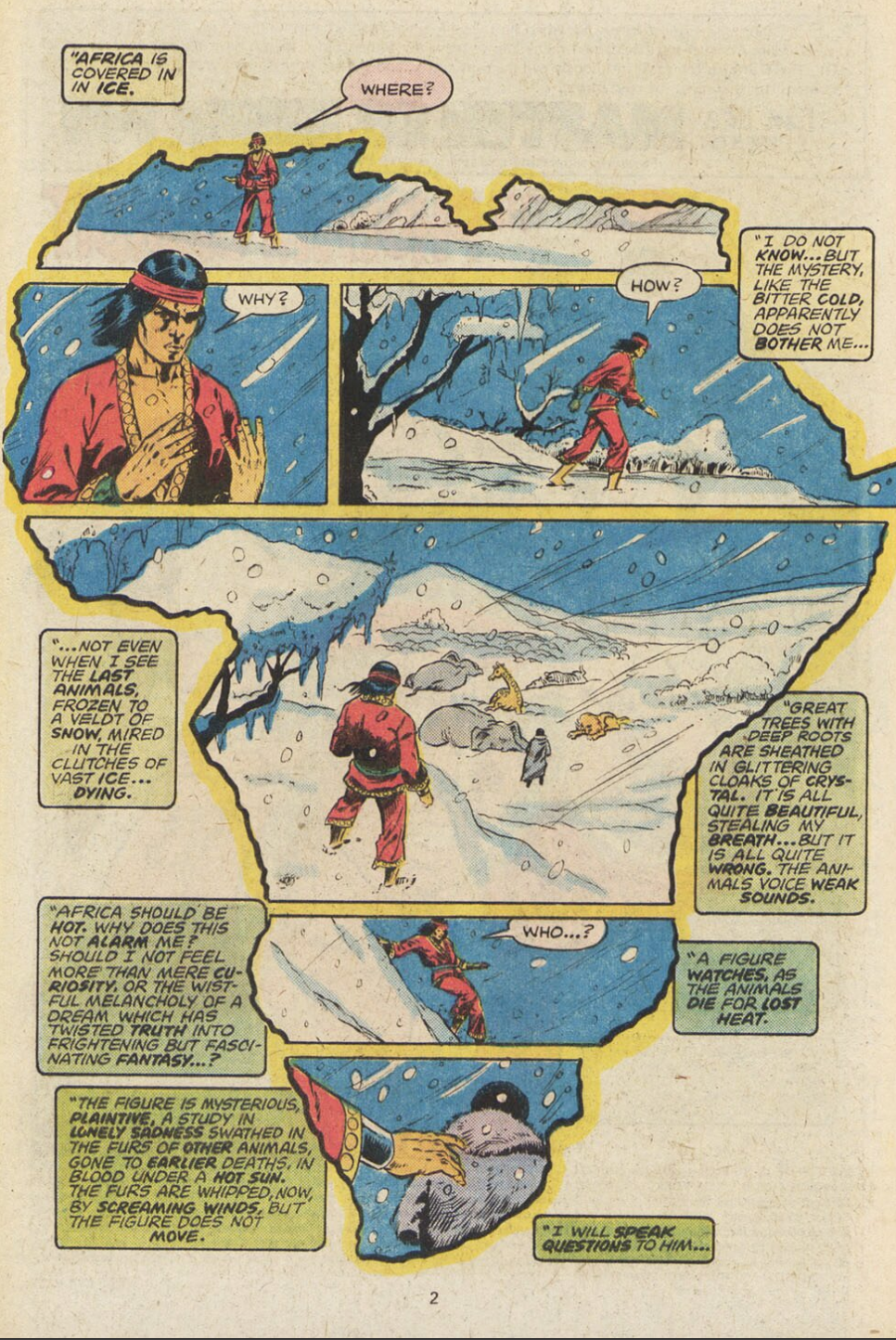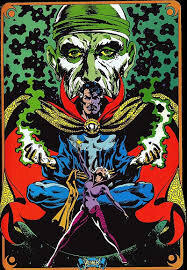
Marvel Comics in the 1970s
About This Project
This blog serializes the first draft of a book in progress, Marvel in the 1970s: The World Inside Your Head (under contract with Cornell University Press).
Marvel in the 1970s saw a transformation that initially looked seamless on the surface, but proved almost as dramatic as Bruce Banner turning into the Hulk. The new, younger writers who took over the titles shifted the emphasis and perspective from the “world outside your window” to the “world inside your head.” In a thoroughly visual medium and a decidedly action-oriented genre, these writers went beyond mere quirks of characterization and and angst-filled monologues to a quixotic attempt at interiority.
After a chapter about humanism in the era of Stan Lee, Jack Kirby, and Steve Ditko, this book/blog focuses on the work of five writers: Marv Wolfman (Tomb of Dracula), Doug Moench (Planet of the Apes, Werewolf by Night, Shang-Chi: Master of Kung Fu) , Steve Englehart (Avengers, Captain America, Captain Marvel, and Doctor Strange), Don McGregor (Black Panther and Killraven), and Steve Gerber (Howard the Duck, Man-Thing, Omega the Unknown, The Defenders). The comics they produced at Marvel during the 1970s were a crucial step forward in the evolution of the medium, but the peculiarities of the industry and market at the time have been an obstacle to a broader readership in the era of self-contained graphic novels.
The Keys to the City
Cage is the device that allows McGregor and the readers entree into the city where his adventures unfolded.
Empathy from Outer Space
McGregor highlights the power of escapist fiction to be pernicious and liberators at the same time
Prose and Pain
Heroic storytelling is a matter of shared pain, transmitted through the medium of art
The Madonna-Whore Complex…in Sp-a-a-a-ace!
Mantis has a destiny. Grand as that may sound, it also means that very little about the course of her life has to do with choices she herself makes
Re: Vision
Despite his artificial body, the Vision is the culmination of a set of all-too-human neuroses
Kang Is a Strange Loop
Kang the Conqueror embodies the most retrograde tendencies in the Marvel comics of his time. Kang is not change, but the illusion of change
The Invasion Is Coming from Inside the (White) House
Englehart reaffirms the value of Captain America as an icon, while redefining the relationship between the symbol and the entity it symbolizes
Captain America: Symbol and Cypher
(Captain) America is not set in stone (or rather, not frozen on ice), but is instead a work in progress
Being Rick Jones
Englehart’s last Captain Marvel storyline turns all the subtext of the Rick/Mar-Vell relationship into text.
Complementary Distribution
When he lands on the moon, he stumbles. Or, in other words, he trips.
The Marriage of True Minds
Strange and Clea are only one example of a dyad that simultaneously erodes the barriers of selfhood while reinforcing the strengths if the self.
Doctor Strange Confronts the Infinite. Then He Does It Again
For Stephen Strange, the way out is almost always through.
Doctor Strange and Self-Denial
Stephen Strange will “dwell inside himself” rather frequently, even if it is in the name of transcending ego
Mind Over Matter
The persistence of the mind control motif emphasizes the true nature of the father-son conflict: Fu Manchu is a father who can only see his sons as the vessels of his own will.
Go Your Own Way
“The Phoenix Gambit” is daring in a manner that is not immediately obvious
